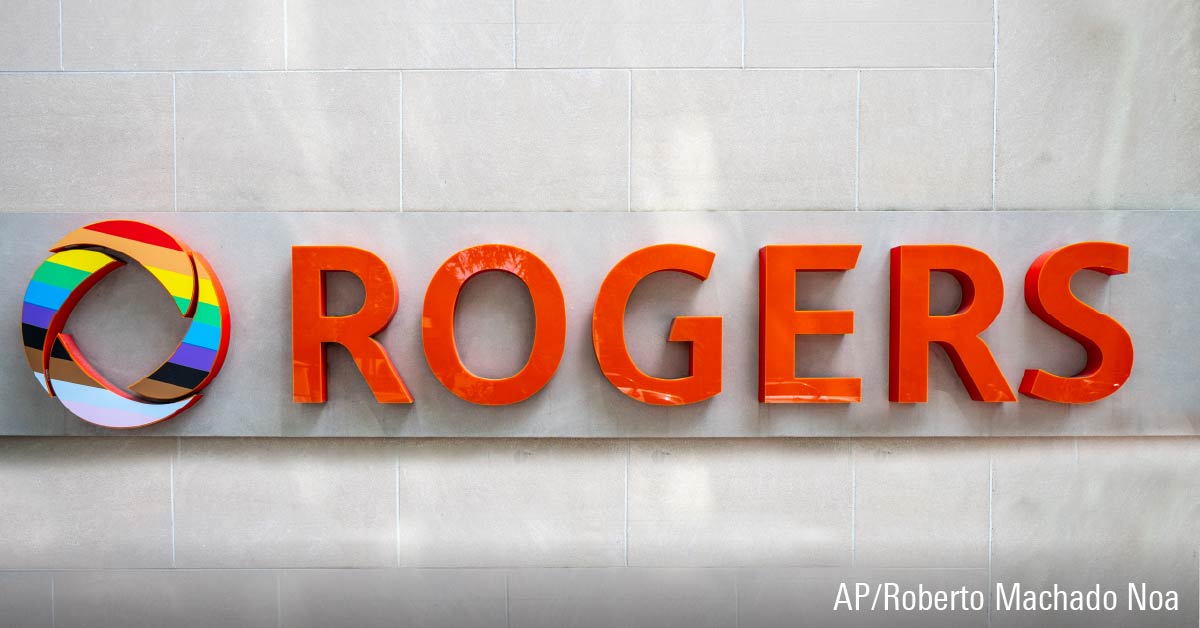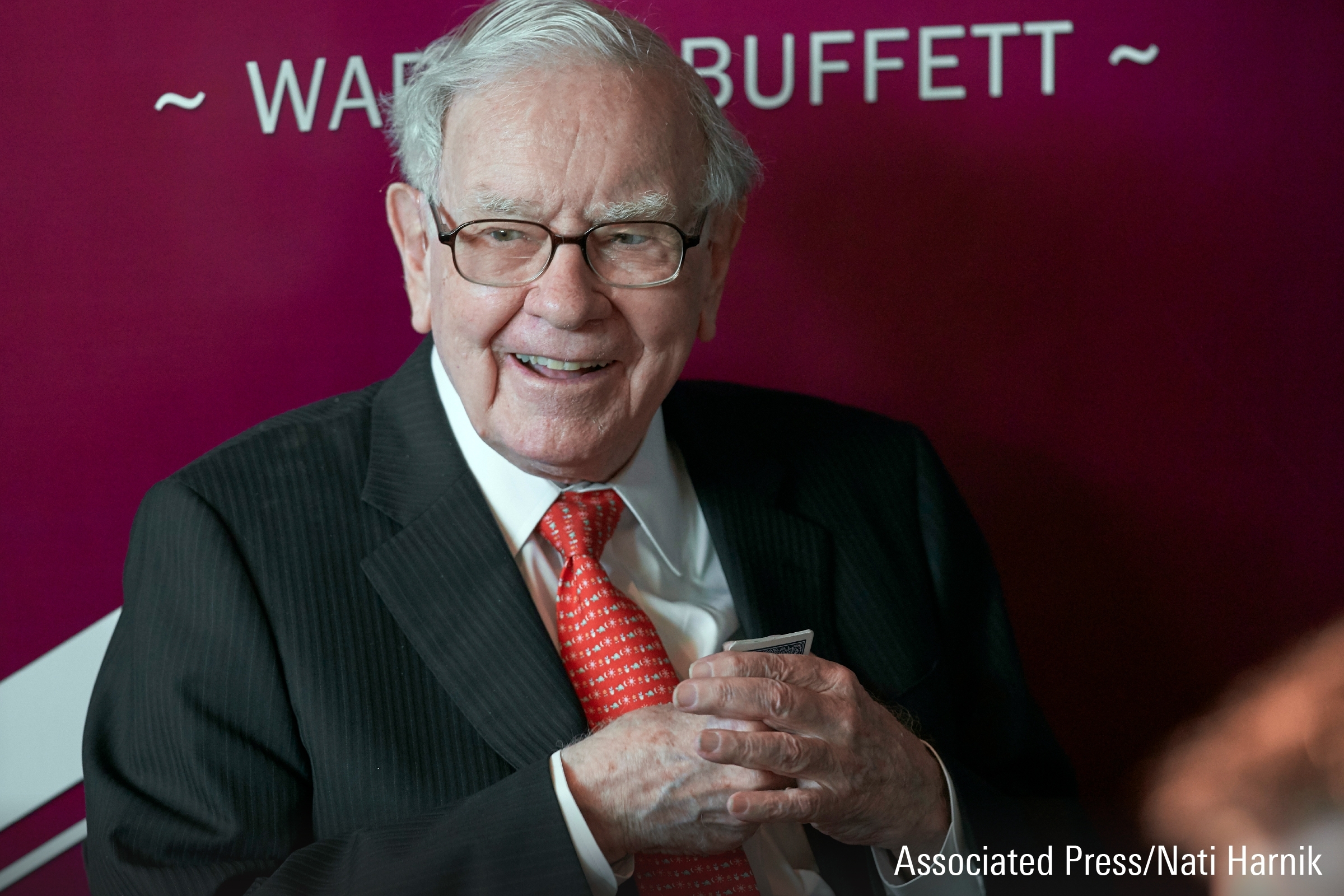In seeking to determine the intrinsic value of a publicly traded company, Ryan Crowther focuses on free cash flow. "When people look at valuations, it becomes overly simplified. They talk about price-earnings multiples, or EV to EBITDA (enterprise value to earnings before interest, taxes, depreciation and amortization) and generally use a relative framework to value businesses," says Crowther, co-manager of the $704-million Bissett Canadian Dividend Class and vice-president at Calgary-based Bissett Investment Management.
"We take a total-return approach," Crowther adds. "When we evaluate companies we do it independently of other valuations and try to determine, using a discounted-cash-flow framework, what that business might be worth."
Crowther makes long-term projections by looking through several business cycles. "Using our assumptions we try to find businesses that are attractively valued based on long-term assumptions. And for our portfolios, that is still the case," says Crowther, who shares duties with Les Stelmach, vice-president. "We're comfortable with the valuations that we see, and in some cases we're still seeing really attractive valuations."
In principle, Crowther has a target of achieving a minimum dividend yield (before fund fees and expenses) that is 1.5 times that of the benchmark S&P/TSX Composite Index, or about 4.5%. "It's attainable and not overly ambitious," says Crowther, who spends more time checking out balance sheets than income statements. "We're still comfortable being able to find investments within that constraint."
Russell Metals Inc. RUS, a steel distributor, is one long-term holding in a list of about 36 companies. "Not only does Russell Metals generate free cash flow, but over time, management has committed itself to paying a large amount of cash flow as dividends," says Crowther, adding that the firm has a 62% payout ratio and pays a 4.9% dividend.
"They have created value over time by growing through acquisition," says Crowther. "That's part of our investment thesis: we feel comfortable being aligned with management in the way they have approached mergers and acquisition."
 |
|
 |
|
| Ryan Crowther | |
 |
|
 |
|
 |
A Calgary native, Crowther got his career start as an entrepreneur working for Internet Gateway, after he completed a bachelor of commerce degree at the University of British Columbia in 1999. A fellow UBC grad had started the Vancouver-based Internet service provider and hired Crowther in a business-development capacity. "Eventually we got involved in the Internet domain-registration business, so I spent time in Vancouver and about nine months in San Francisco."
Crowther was always interested in financial markets. In 2002, he grabbed an opportunity to join a small brokerage firm, Salman Partners. He began as a research associate and covered a wide range of stocks from materials to industrials.
For a brief period, Crowther worked at Blackmont Capital. He then returned to Salman Partners where he was an analyst until 2007. In February 2008, Crowther joined Bissett, which he felt was a better personal fit. "My comfort zone has always been to be more focused on the long term. But the sell side was a great way to enter the business."
Crowther began as an equity research analyst, and continues to remain Bissett's materials specialist. In 2011, he was appointed co-manager of the dividend fund alongside Juliette John. When John left at the end of 2012, Les Stelmach was appointed co-manager of Bissett Canadian Dividend as well as the $685-million Bissett Dividend Income Class.
Individual positions in Bissett Canadian Dividend are limited to about 5.5%. In Bissett Dividend Income, which holds a mix of fixed income and Canadian and U.S. equities, single positions are limited to 3.5%. Portfolio turnover tends to be very low.
Performance has been strong on an absolute and relative basis, with both Bissett Canadian Dividend and Bissett Dividend Income rated four stars by Morningstar for their risk-adjusted returns.
Crowther isn't taking these results for granted. "We will continue to keep our heads down and do what we do," he says. "Dividend mandates lead you to good companies. And we combine that with being opportunistic, taking advantage of some of the volatility. That's where we can add value to our portfolios."
A case in point is Keyera Corp. KEY, which processes natural-gas liquids and has benefitted from strong demand for ethane, propane and butane. "That secular trend has been favourable for Keyera," says Crowther, noting that the company's shares have a dividend yield of 3.8%. "The positioning of their plants and their capacity has put them in the sweet spot, in terms of being able to process their customers' gas and make good margins. It's not easily replicable."















